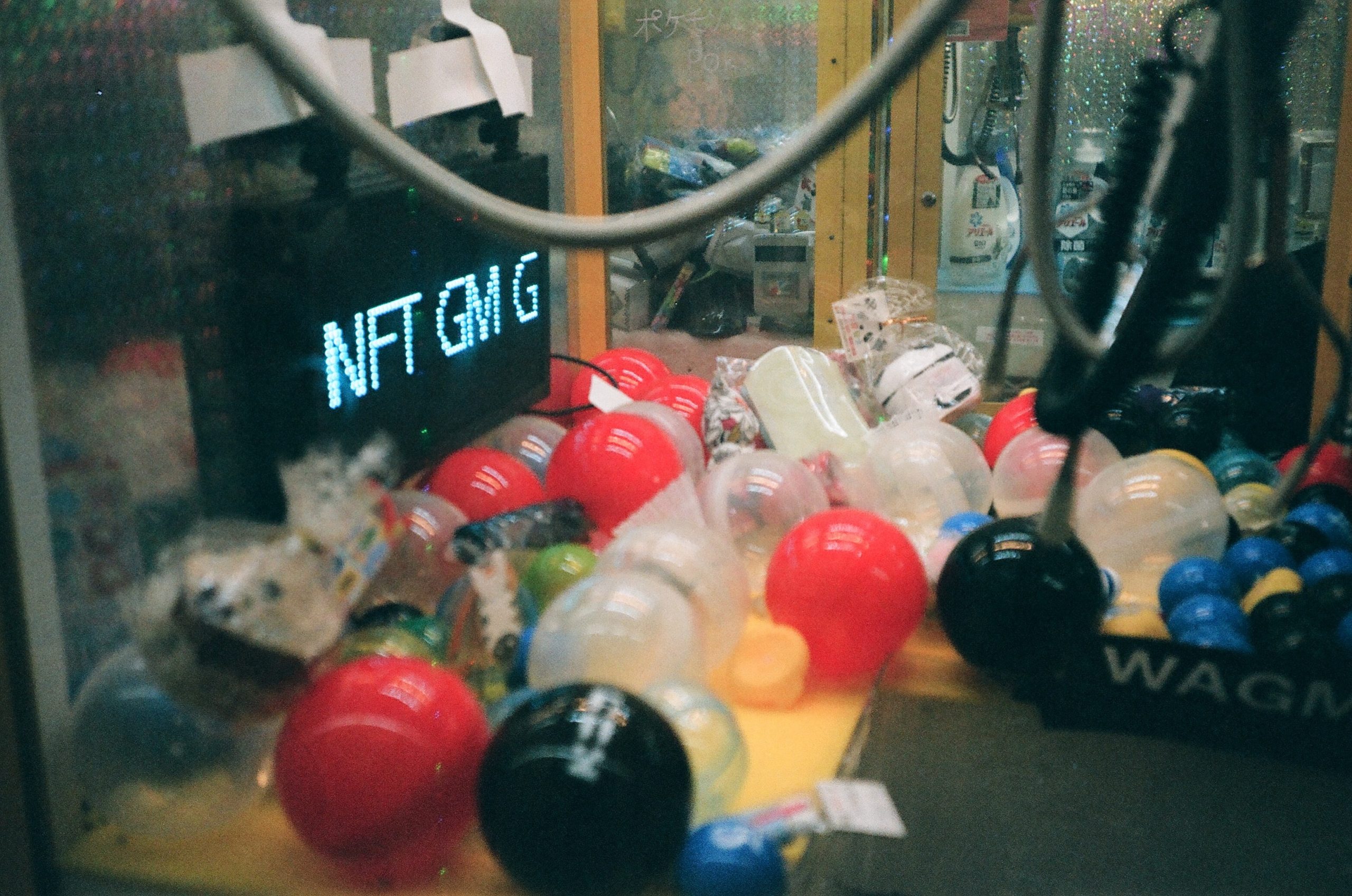Though most people might have at least thought about what happens to their physical assets once they pass away, the same importance is usually not given to their Digital Assets. With how ingrained technology is in our lives, it is time to start thinking about what happens to our Digital Assets when we die or become incapacitated.
The Rise Of Crypto Assets
With the rise of crypto assets in the past decade, reports show that almost 90% of Americans have heard of cryptocurrencies while 16% have traded in them at least once. This is a stark contrast to the initial skepticism that surrounded crypto and its investment.
Though cryptocurrency has been around for some time now, NFTs (Non-Fungible Tokens) are all the rage these days. They are similar to cryptocurrencies in that they exist on a blockchain but differ from them as they cannot be traded.
While many people are still wrapping their heads around what NFTs are and how they work, artists such as Mike ‘Beeple’ Winkelmann have already made a fortune from selling their works.
Secure Your Crypto Assets and NFTs
Even if there isn’t a will for your physical assets, they can be passed on, taking into account the succession laws in that area. The same cannot be said for Digital Assets. Since many of your Digital Assets are only accessible via a password, they could potentially be lost forever if you never shared those passwords with anyone.
Many social media sites have legacy policies to close the accounts of deceased users. However, matters are a bit more complicated when it comes to cryptocurrency. Unless the 64-digit key is not included in your Digital Estate Plan, chances are that they could be stuck in virtual limbo.
An executor can enquire about the physical assets that belonged to an individual, the same cannot be said for their Digital Assets. Since crypto-assets do not belong to any centralized governing body, inquiries cannot be made regarding its existence. As such, it is entirely possible that an individual with a vast crypto fortune might pass away without their family ever knowing about it.
While most people do not even think about Estate Planning until they reach their mid-thirties, the crypto-asset market is populated by the FIRE (Financial Independence, Retire Early) generation. This mainly consists of millennials and Gen Z, the latter of which are yet to reach the age where they start thinking about Estate Planning. These potentially young millionaires could pass away without anyone knowing about the existence of their digital fortune.
So we’ve seen what the issues are. Now the most logical solution to such an issue would be to make use of a password manager that keeps track of all your passwords. By sharing the password to the manager with someone you trust, you can choose to decide what Digital Assets are to be passed on and which are not.
This might seem like a convenient solution. But it should be noted that many companies are vehemently against the sharing of passwords as they consider it a violation of their user agreement.
There is also the existence of tools such as Google’s Inactive Account manager and Apple’s Digital Legacy Program that lets you pass on your data following your death. While you could use them to share your crypto PIN using these tools, they aren’t without their shortcomings.
The best solution however is to create a Digital Estate Plan for your Digital Assets. By making use of a Digital Estate Plan you can have all of your Digital Assets fall under a common umbrella that can be passed on to your loved ones following your death. You can also decide which assets are to be passed on and which are to be permanently deleted as well.
By having a Digital Estate Plan in place, you remove the burden your family would otherwise have to face in deciding what happens to your Digital Assets when you die/ become incapacitated. And when it comes to monetary Digital Assets such as cryptocurrencies and NFTs, they can also benefit your family financially.
Now that you’ve learned about what happens to your crypto-assets following your death and how you can secure them for the sake of your loved ones, get started on making a Digital Estate Plan with Clocr to safeguard your Digital Assets for the future.



